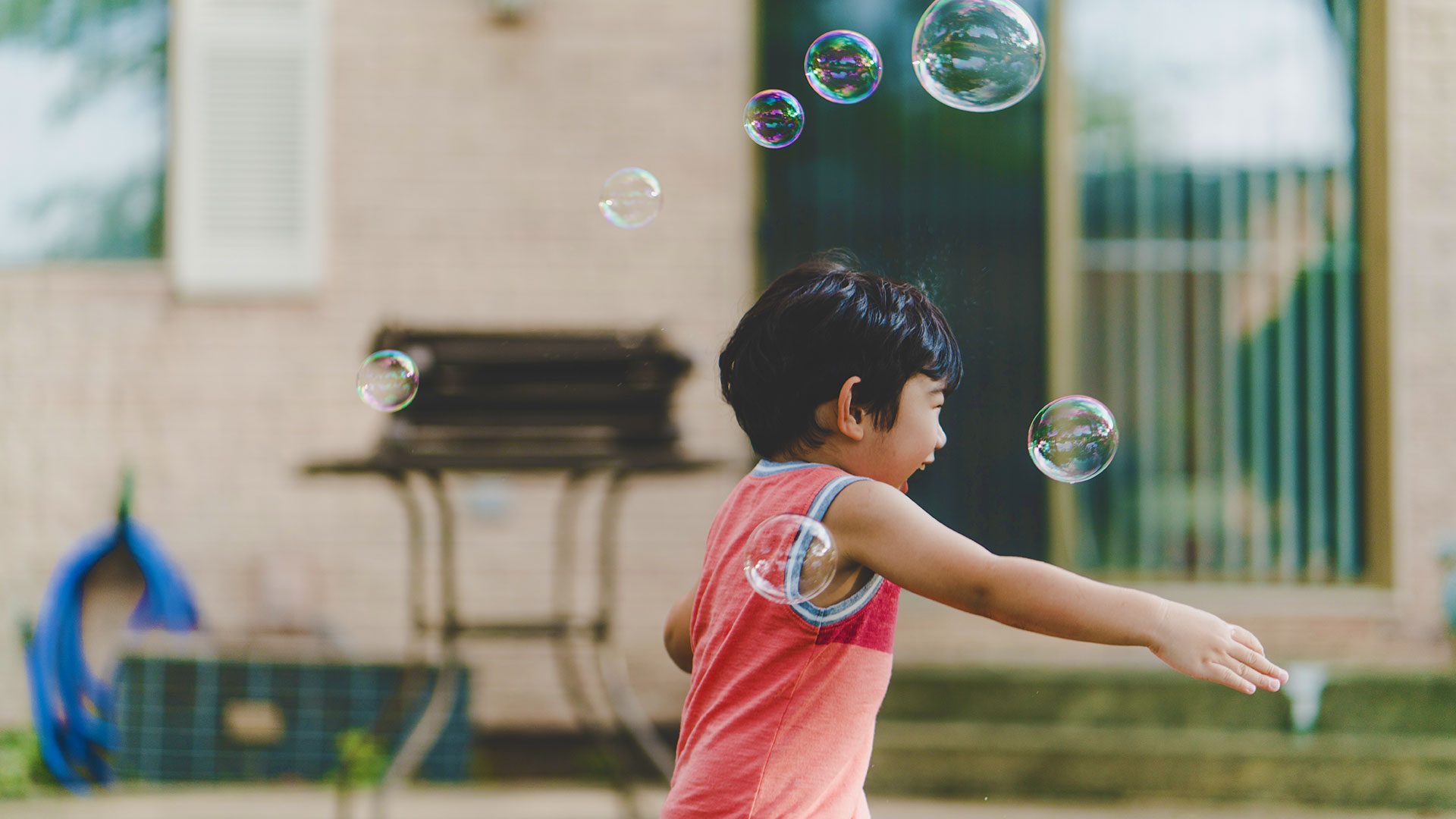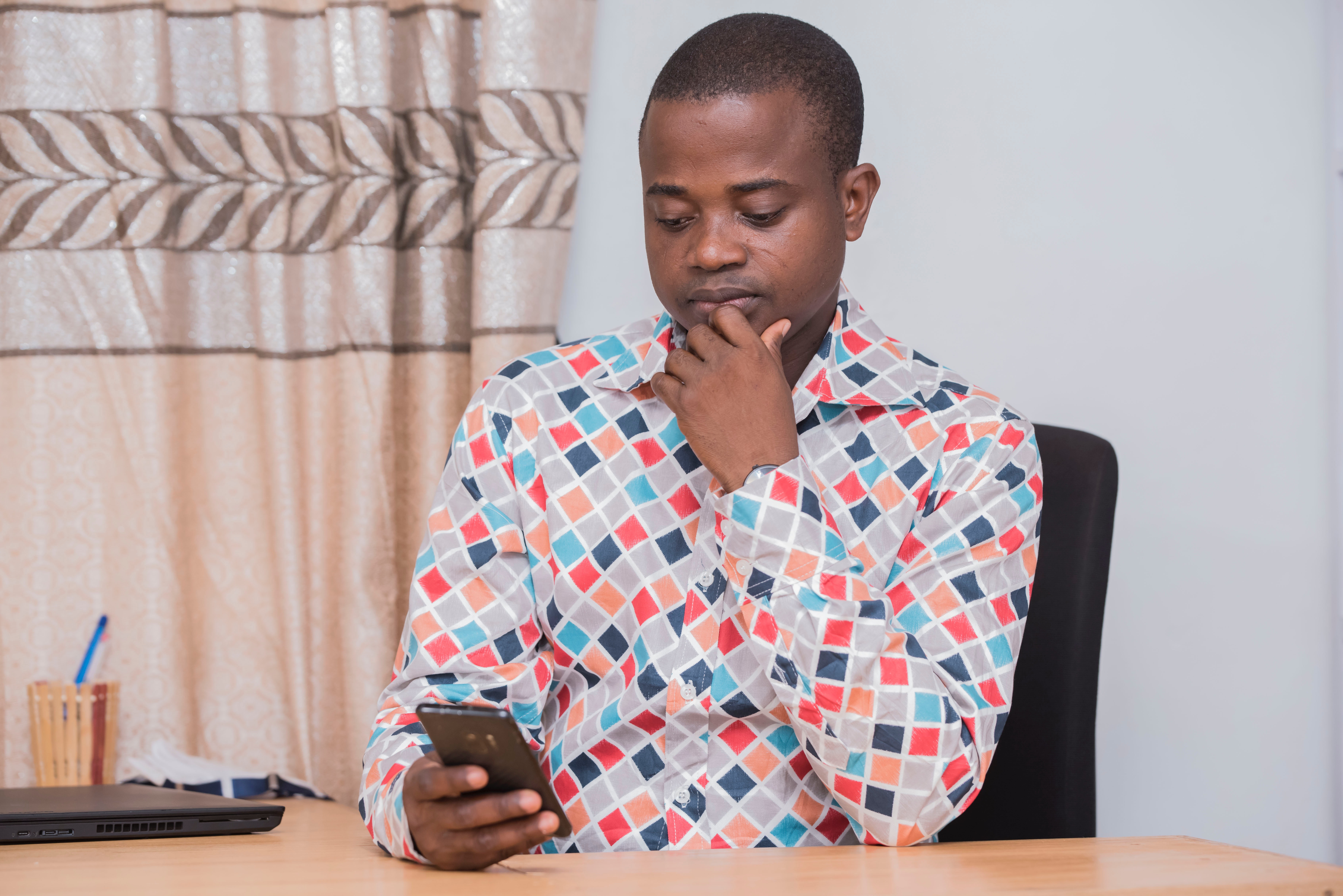Social media has become simply a fact of life for most of us. Who doesn’t have a Twitter, Snapchat, Instagram, Tik Tok, or Facebook account? Even if you’re not scrolling 24/7, you’re probably just as online, connected, and loving social media as the rest of us. Social media platforms may be a fun place to spend your time, but it can also go deeper than this. As a prevalent aspect of our lives, social media may be affecting mental health more than many of us realize. Before you keep on clicking that “like” button, you may want to stop and consider what impact social media has on your mental health.
The Damage That Social Media Can Do
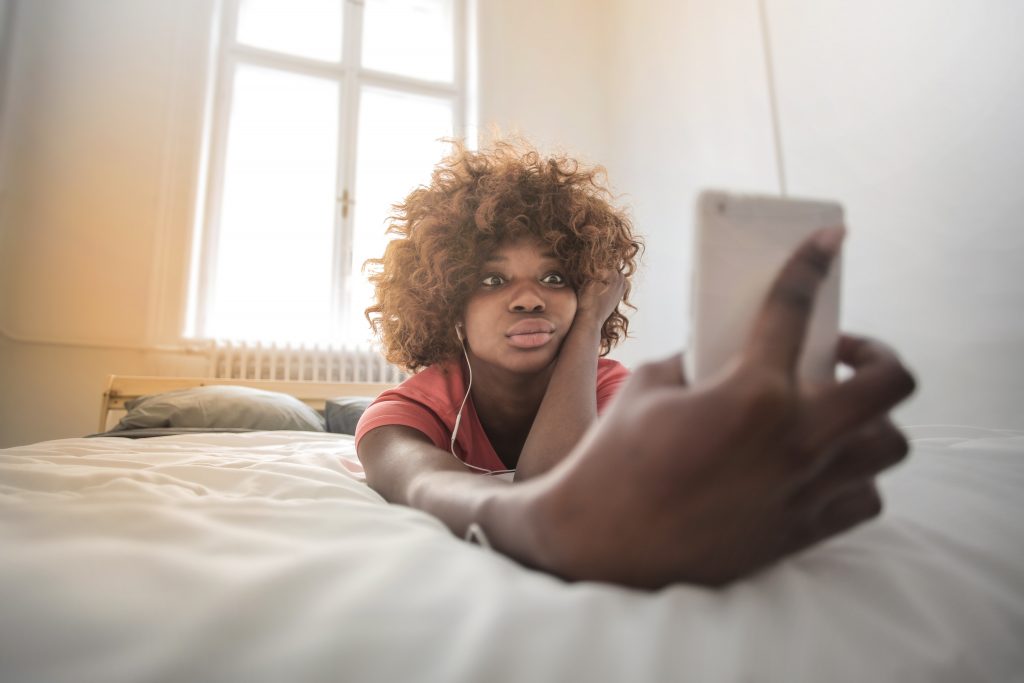
Many of us realize that wasting hours of our days on social media is not healthy. However, knowing that we shouldn’t doesn’t always stop us. What if we miss out on that new viral cat video? Well, you might, but that isn’t necessarily a bad thing.
What is definitely not good is social media addiction, which is related to the desire to use social media as a way of receiving external validation.
This comes up when users turn to social media for a boost to their self-esteem. It can feel good when you post a picture and the likes or hearts start popping up or when you put your opinion into a text post and start receiving comments of agreement. However, participation in social media can be anything but beneficial to self-esteem, as each update that doesn’t bring likes pouring in may feel like a drastic hit.
Other hits to one’s self-esteem can come from the concept known as FOMO, or Fear of Missing Out. Social media provides the perfect place to compare ourselves to others and excessively worry about what we might be missing out on. With all the social media platforms at the tips of our fingers, it’s easy to spend much of our time in this way. Scrolling down a feed, every post has the possibility of triggering FOMO, as you see several of your friends at an outing you didn’t get an invite to, posts of fun beach vacations while you’re just following your same routine, or people hitting milestones in life like getting married, graduating college, getting a house, or having a baby, while you start to feel like you haven’t accomplished anything at all. Comparing ourselves to others, whether through social media or not, is never healthy, and there’s always another story, maybe not such a happy one, behind every post you see.
With all the damage it can do, perhaps one of the best things you can do for your mental health is to stay off, or at least limit your time on, social media. The extra time this frees up could then be used to have real connections with other people in the real world because even though it’s called “social” media, the socializing done on these platforms often leaves us feeling anything but connected. Studies have found that the more time spent on social media, the lonelier one feels.
The isolating nature of social media, along with other factors related to its use, has been found to make a mental health situation like anxiety or depression worse. Anxious thoughts may only be amplified by what is read on social media. The feeling that you’re being left out and that everyone’s living lives much better than your own can contribute to depression and other mood disorders.
The Positives of Social Media

Does maintaining good mental health, therefore, mean having to delete all the apps off your phone? Well, it’s not all bad. For many, social media communities can actually be places of real support when they face particular obstacles in their life.
Those that are part of a marginalized group or that struggle with something like social anxiety may have trouble finding their group of supporters outside of the online world. You may not feel ready to come out to friends and family, but can feel a part of something with the LGBTQ community online. You may feel like you have no one else to talk to about events that have come up in your life or a mental health condition that you are dealing with until you join a group on social media that has members who can relate.
While in-person connections are important, some people may need social media to help them feel less alone. If social media platforms are where you are able to meet others and find that true sense of community, then they can be good for you. If deep enough conversations have formed in the digital space, it may even grow beyond this and extend into a real social support structure.
Living in a World Impacted by Social Media
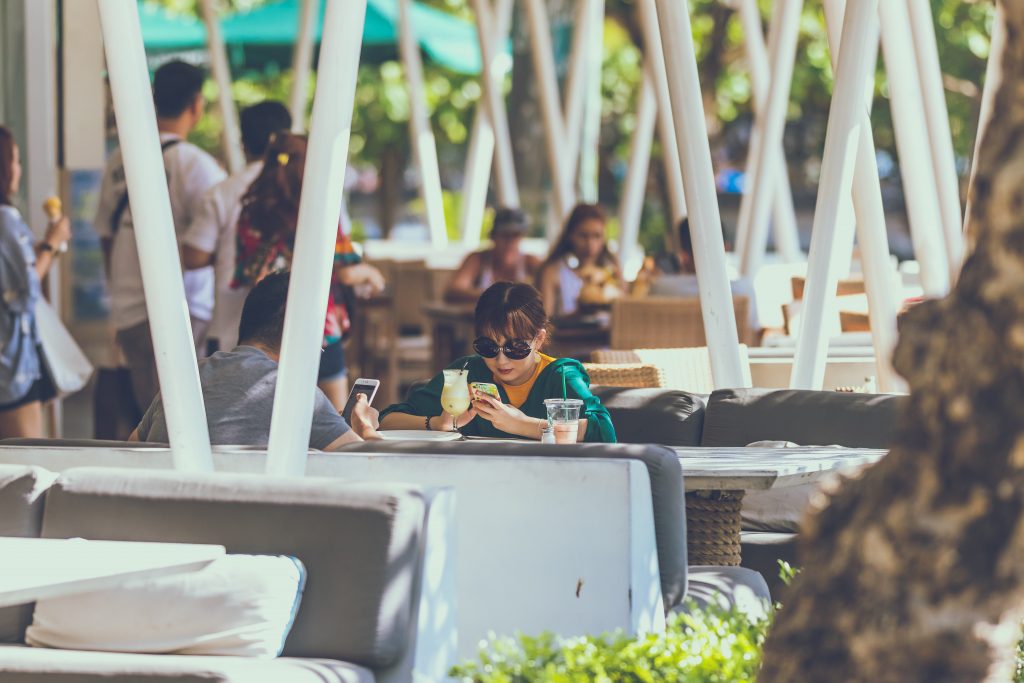
Whether good or bad for our mental health, social media is simply a part of our world now. Unless you’re going to delete every single one of your accounts, social media is something that you will have to continue to live with. Still, there are some steps you can take to make social media less damaging to your mental health.
A first step may be disabling all of the notifications. With social media notifications on, every buzz from your phone is a distraction from engaging moments of your life and another chance for social media to pull you away and into its closed-off world. Not having its constant interruptions to your day doesn’t keep you from using social media, but may help you to cut down on the amount of time you spend on social media.
You might also consider removing social media from the dinner table, putting limits on the number of times you can open the apps, and tracking in an attempt to reduce the actual amount of minutes spent on social media.
The goal isn’t to shut social media completely out of your life, but to find better ways to spend your time that are more beneficial to your mental health.
In the time you spend not scrolling, you can meet people as part of a club or organization, engage in creative activities that provide an outlet for emotions, or release stress through physical activity.
Real-World Mental Health Support
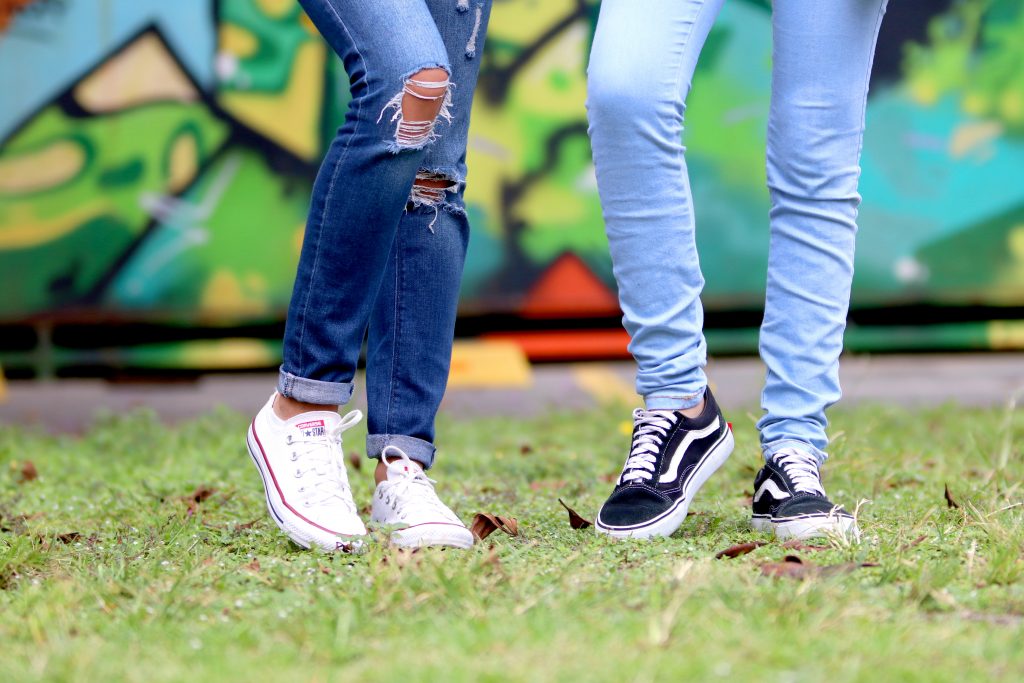
Whatever you do, you should always try to strengthen the state of your mental health. Most likely, social media will not be the thing to allow you to do this. Forging connections and prioritizing your mental health are important places to start. Another place open to you for support and resources is the ADHD Wellness Center. We can help you find the right measures to address any mental health concerns you may have.

